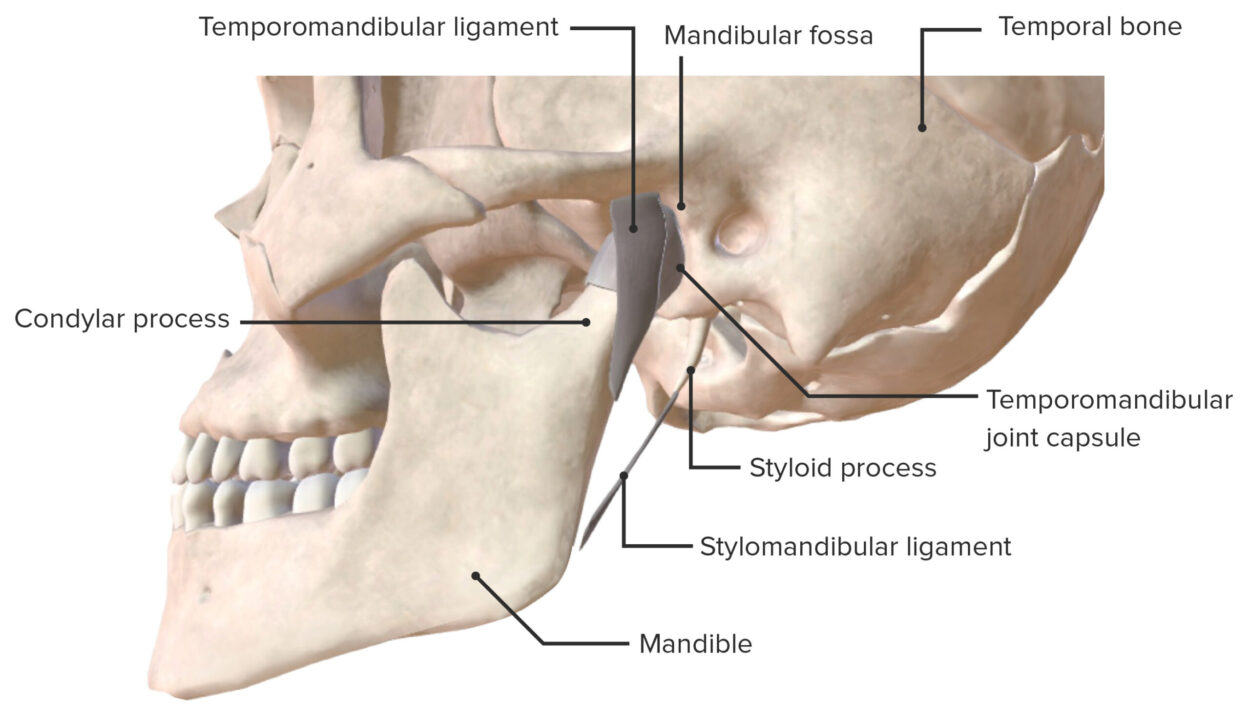Temporomandibular Joint Disorder
- Home
- Temporomandibular Joint Disorder
TEMPOROMANDIBULAR DISORDERS
Temporomandibular disorder (TMD), a localized pain disorder. Temporomandibular joints contain tendons, bones, and muscles and help the jaw in its movements for chewing, talking, and yawning. It is a sliding hinge and one of the most complex joints in the body that connects the jaw to the temporal bones of the skull. An injury to the jaw or the muscles of the head and neck can lead to temporomandibular disorders
What causes Temporomandibular disorder?
Depending upon the cause, jaw pain can occur on both sides of the jaw or only on one side. According to many dentists, there is no particular cause for this disorder. However, there are some speculated causes of TMD as follows:
- Injury to the teeth
- Injury to the jaw
- Misalignment of the jaw or teeth
- Stress
- Teeth clenching or grinding
- Excessive gum chewing
The following medications can help you find relief from pain associated with TMD:
- Pain Relievers: Strong pain relievers can be prescribed by doctors and dentists to a patient with severe pain due to TMD
- Tricyclic antidepressants: If the patient suffers from sleeplessness and severe pain due to TMD, these medications are prescribed
- Muscle Relaxants: These are extremely beneficial for patients with TMD. They help in relieving pain caused by muscle spasms. Therapies:
- Mouth Guards or oral splints: People with jaw pain can immensely benefit from wearing these devices over their teeth.
- Physical Therapy: Several exercises that help in stretching and strengthening the jaw muscles can be beneficial.
Surgeries :
When none of the above treatments work, the doctor suggests going for certain surgical procedures like:
- Arthrocentesis
- Injections
- Arthroscopy
- Modified condylotomy
- Open-joint surgery

Temporomandibular Joint Disorder
Treatment Offered
- Splint Therapy
- Arthrocentesis
- Arthroscopy
- Joint Resection
- Joint Reconstruction
- Disc Repair
- Disc Plication






